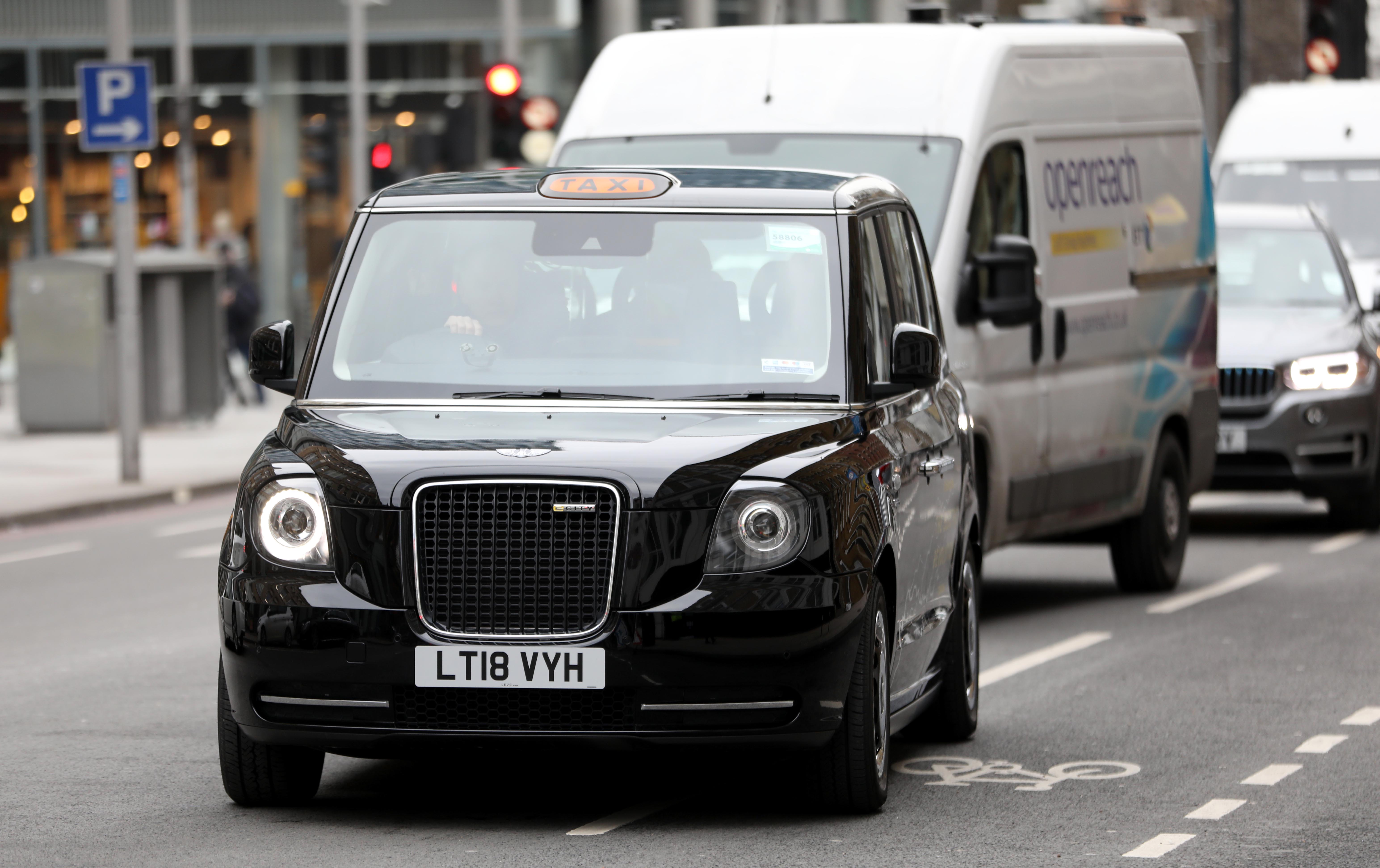via taxi-point https://ift.tt/2vh4kDW


 April 15, 2018 at 09:00PM https://ift.tt/2ufVjKI THESE POSTS ARE NOT OUR ENDORSEMENT
April 15, 2018 at 09:00PM https://ift.tt/2ufVjKI THESE POSTS ARE NOT OUR ENDORSEMENT

The introduction of the new range-extended electric taxi is intended to give cab drivers the latest technology – reducing running costs and ensuring a smoother, more pleasant experience for passengers.
However, as with any big change – there will always be a number of concerns and rumours about some of the details.
LEVC claim to have spent months consulting with cab drivers, covering every facet of the new model’s creation, the painstaking testing procedures it has undergone, and how it will change cabbies’ working day for the better. Here are some of LEVC’s replies to some of the most common questions about the new TX electric taxi.Will TX cost me more to run/maintain?An electric powertrain means far lower fuel costs than previous taxi models. Electricity is considerably cheaper than diesel, so drivers can expect to save approximately £100 per week on fuel costs by adopting new, electric eCity technology. At the same time, fewer moving parts and innovative regenerative braking mean less wear and tear. You also benefit by much greater service intervals – just every 25,000 miles.

Won’t TX take too long to charge up?Rapid charging points can recharge the TX in just half an hour, meaning your cab could be charged in the time it takes to grab a cup of tea or bite of lunch. TfL have committed to installing 150 of these rapid chargers in London by the end of the year – whilst additional rapid chargers are being installed at petrol stations, shopping centres and airports around London.Are there enough charging points?LEVC are working with local authorities and the government to install more infrastructure dedicated specifically to taxi drivers. For example, TfL promises to install a total of 300 dedicated charge points in London by the end of 2020. We are working with private companies to increase the investment in charge points for drivers.I’ve heard the battery emits radiation - is this true?All vehicles manufactured in the UK have to meet strict regulations around electromagnetic radiation levels in order to be sold around Europe. The Vehicle Certification Agency oversee these tests in the UK, and our cab passed these with flying colours. In addition, our battery technology has been used in other Geely group vehicles including Volvo Cars, with owners covering millions upon millions of miles.

I travel 60-70 miles per day – will the TX be able to cope?Absolutely! A recent feasibility study carried out by our Manchester dealership showed that over 70% of taxi drivers within the region travelled approximately 70 miles on their average working day. That means that for most of Manchester’s taxi drivers, an overnight charge would enable them to carry out almost all their working day on pure electric power, if they chose to do so. With the backup of the petrol generator adding almost 300 miles, nobody travelling this distance needs suffer from range-anxiety. It’s all in a day’s work for the TX, literally.Will installing a charging point at my home be expensive?No! We’ve partnered with ChargeMaster, the leading supplier of home charge units in the UK, to offer a one-stop solution of your very own 7kW unit. Once installed, you’ll be able to charge your TX in under four hours. The cost of supply and fitting is just £299 and includes a five-year warranty. That usually means that in less than a month, the average saving you’ll make on fuel costs should have covered the installation. Sounds fare to us!What are Transport for Greater Manchester doing to support more accessible charging infrastructure?Transport for Greater Manchester is looking to massively expand the number of charge points across the region and have applied for DEFRA funding to do so. This includes updating historic charge points and adding more rapid-charge points. They are also looking at introducing a simple booking/reservation system for charge point usage. Although initially charge points won’t be exclusive to taxi drivers, the plan includes dedicated installations at private sites, such as taxi ranks. Preferential rates and tariffs for specific user groups, such as taxis, are also being proposed.When will the above take place?We expect a large portion of the installations to take place in September 2018, with a rollout of further infrastructure carrying on into 2019.That seems a long way off. How am I covered for charging now?The easiest and cheapest way of charging your TX is at home. A full charge can cost as little as £3.20, especially if done so overnight to take advantage of lower tariffs. With a ChargeMaster 7kW wall box installed, and the typical range of the average driver discussed above, you should be able to operate with ease. If this type of charging isn’t available to you, there are also approximately 200 charge points within the Greater Manchester area. As we show above, more of these historic charge points will be converted to rapid charge units on a daily basis, and they’ll allow you to recharge 60% of the battery in just 45 minutes.The TX has been specifically designed to offer unrivalled charging flexibility. This allows you to top up from virtually any public charge point, whether standard (>7kW), fast (>22kW), or rapid (>50kW). With all socket types built in, you’ll be able to maximise the savings available from driving on electric power. What’s more, the TX’s dual on-board inverter chargers allow drivers to harness the full charging rate available. In summary, the TX uses all the available current to recharge the battery even quicker. So, charging your TX is already quick, economical, and easy, but will get even better in the near future.

No comments:
Post a Comment